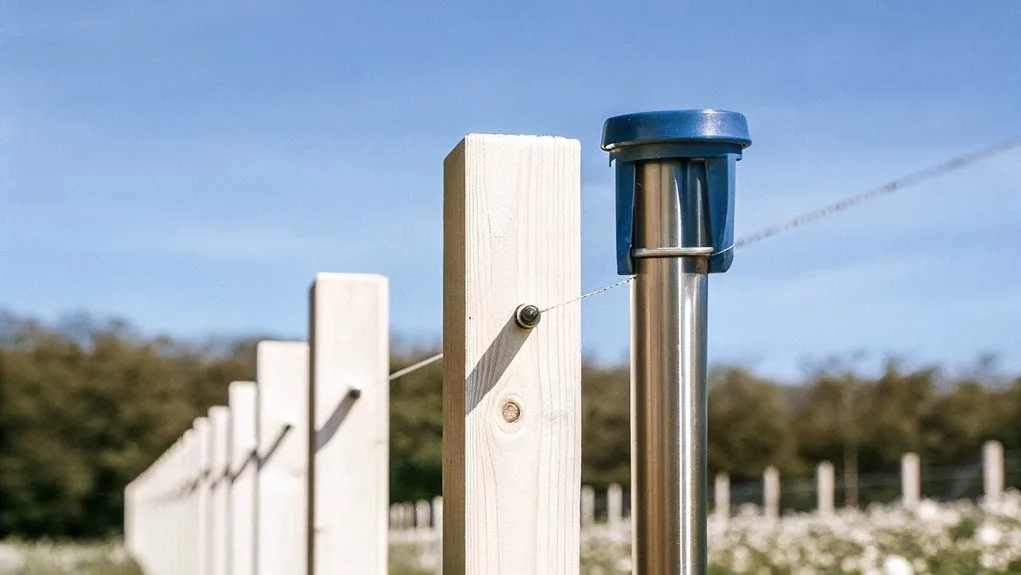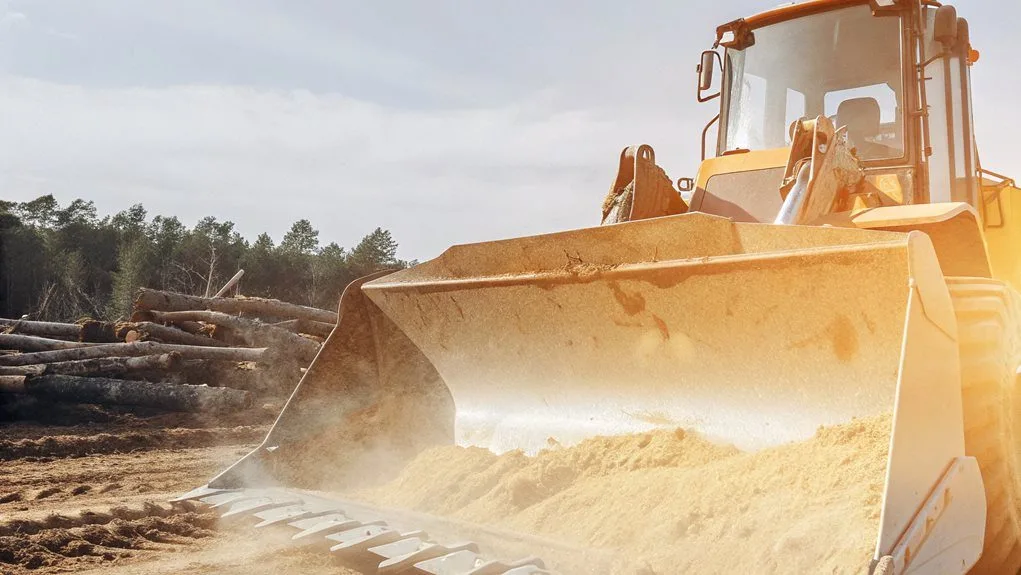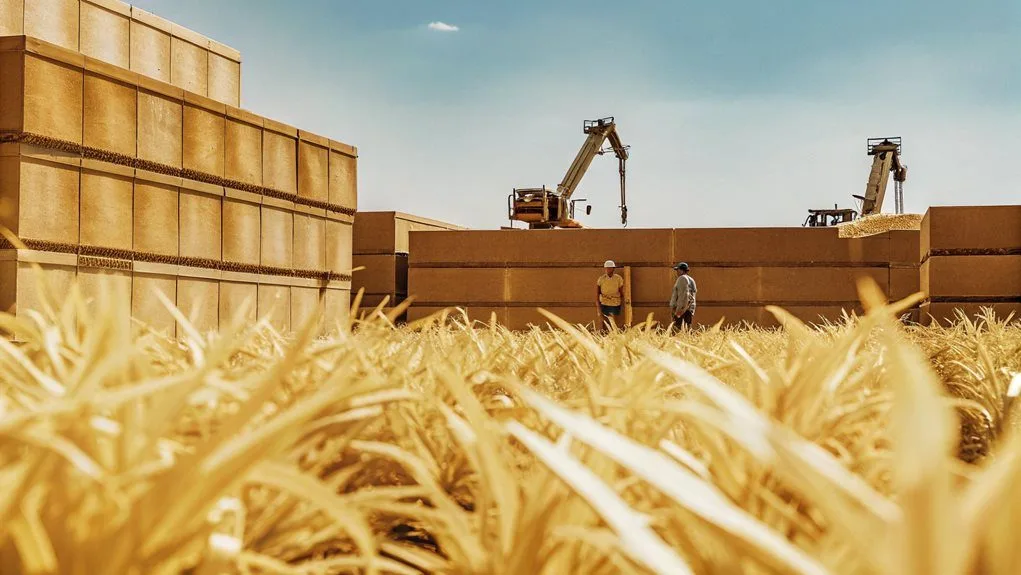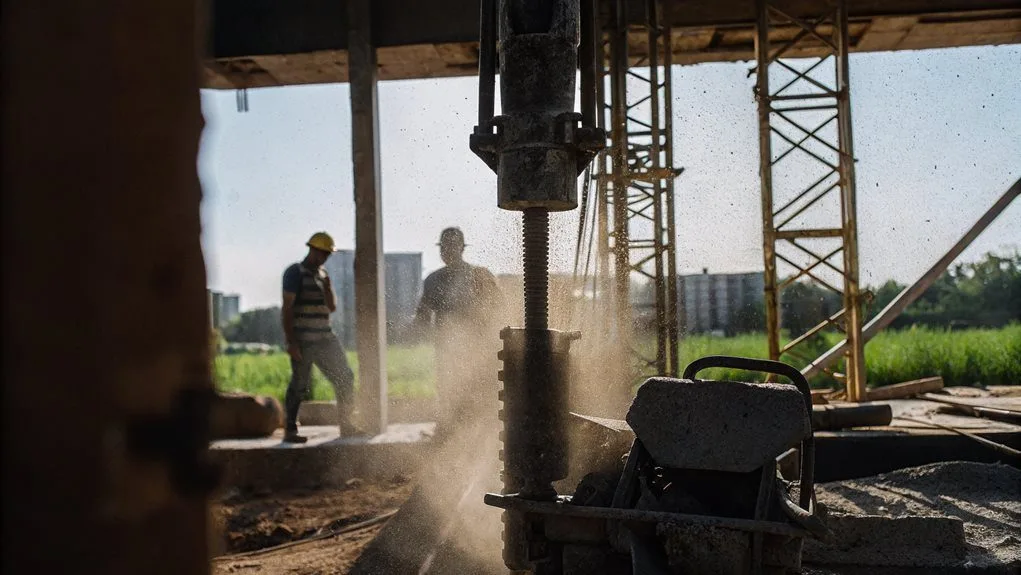Navigating the complexities of hiring heavy machinery plants for your project can often feel like steering through a maze without a map. Whether you're embarking on a construction project, a large-scale agricultural endeavor, or an industrial operation, finding the right equipment that not only fits the job specifications but also operates efficiently can be a daunting task. This subtle quest for the perfect balance between functionality and cost-effectiveness is what every project manager secretly dreads, yet yearns to master.
With years of experience tucked under our belt, we understand the nuances of selecting heavy machinery that not only meets your project's demands but also ensures safety and reliability. We recognize the challenges you face—from the pressure of making cost-effective decisions to the fear of project delays due to equipment malfunctions. This article is designed to address these concerns, offering insights into making informed decisions that align with your project's goals.
By embracing these essential tips, you're not just ensuring the success of your project, but also paving the way for a smoother, more efficient operation. So, let's dive in, and unravel the secrets to hiring the best heavy machinery plants, ensuring your project not only meets but exceeds expectations.
Key Takeaways
- Define project scope, objectives, and consider terrain and access restrictions when selecting heavy machinery.
- Prioritize equipment usability, maintenance, and user-friendliness to ensure efficient operations.
- Confirm insurance coverage, mitigate risks, and protect against accidents and damages.
- Evaluate cost-effectiveness, compare rental rates, and consider long-term operational and maintenance expenses.
Determine Your Project Requirements
Determining your project requirements is a crucial first step in hiring heavy machinery plants. Plant hire plays a significant role in the successful execution of any construction project. To ensure that you choose the appropriate heavy equipment, it is essential to define your project requirements accurately.
Start by understanding the nature of your project, including its duration, scope, and objectives. Consider the terrain and access restrictions that may impact the operation of heavy machinery on-site. These factors will help you determine the type and size of equipment required for the project.
Additionally, assess the functionalities needed for optimal project execution. Identify the specific tasks that the heavy machinery will be responsible for and ensure that the equipment you choose can perform those functions efficiently. Consulting with industry experts or equipment specialists can provide valuable insights and guidance in selecting the right machinery for your project.
Clearly outlining your project requirements, including the tasks, timelines, and expected outcomes, is crucial. This information will enable you to match the heavy machinery to your project needs accurately. By defining your project requirements, you can ensure the smooth functioning of your construction project and maximize efficiency on-site.
Consider Equipment Usability
Consider the ease of operation and alignment with your team's skill levels when selecting heavy machinery for your project. Hiring plant machinery that is user-friendly and requires minimal training can save time and improve efficiency on your project. Here are some key considerations for equipment usability:
- Opt for machinery with user-friendly interfaces and controls: Look for equipment that is easy to navigate and operate. This will ensure that your team can quickly adapt to the machinery and operate it effectively.
- Prioritize equipment that aligns with your team's skill levels: Choose machinery that your team is familiar with and can operate without extensive training. This will reduce the learning curve and maximize productivity.
- Select machinery with clear instructions and guidance: Look for equipment that comes with comprehensive manuals and instructions. Clear guidance will enable your team to utilize the machinery quickly and effectively.
- Consider equipment maintenance and repairs: Ensure that the machinery you hire is in good condition and regularly serviced. This will minimize downtime and prevent any disruptions to your project.
- Check for service support: Opt for equipment from reputable providers who offer reliable service support. This will ensure that any issues or breakdowns can be promptly addressed, minimizing project delays.
Considering equipment usability when renting heavy plant machinery is crucial for the smooth operation of your project. By selecting machinery that is easy to operate, aligns with your team's skill levels, and comes with good service support, you can save time and money while maximizing productivity.
Verify Equipment Insurance Coverage
To ensure comprehensive protection against accidents and damages, it is essential to verify the insurance coverage of the rented heavy machinery. Insurance coverage for equipment is crucial to prevent financial liabilities in case of unexpected incidents. When hiring heavy machinery from a plant hire company, it is important to check the extent of insurance coverage provided by the service. This insurance coverage on heavy equipment can offer peace of mind and security during project operations.
Before renting any equipment, it is vital to understand the insurance terms and conditions. By doing so, one can ensure proper protection while using the rented machinery. Confirming that the rented heavy machinery is covered by insurance will help mitigate potential risks and liabilities. It is also advisable to inquire about the coverage limits and any specific exclusions to have a clear understanding of the extent of protection provided.
In the event of accidents or damages during the rental period, having appropriate insurance coverage can save you from significant financial burdens. Therefore, it is crucial to verify the insurance coverage of the rented heavy machinery before starting any project operations. This step will help ensure that you are adequately protected and can focus on completing your project efficiently and safely.
Your One-Stop Service Hub
Why juggle suppliers when you can have it all in one place? Our Plant Hire, Tool Hire, Earthmoving Services, Forestry Services, and Breakdown & Towing Services cover every angle, making us your go-to partner for any project.
Don’t waste time hunting down the right equipment—let Bendet handle it. Need a quick break on the road? Piet Retief Truck Stop welcomes you with open arms and a hot cup of coffee. Click around, see what’s possible, and let’s make your job site more productive and enjoyable.






